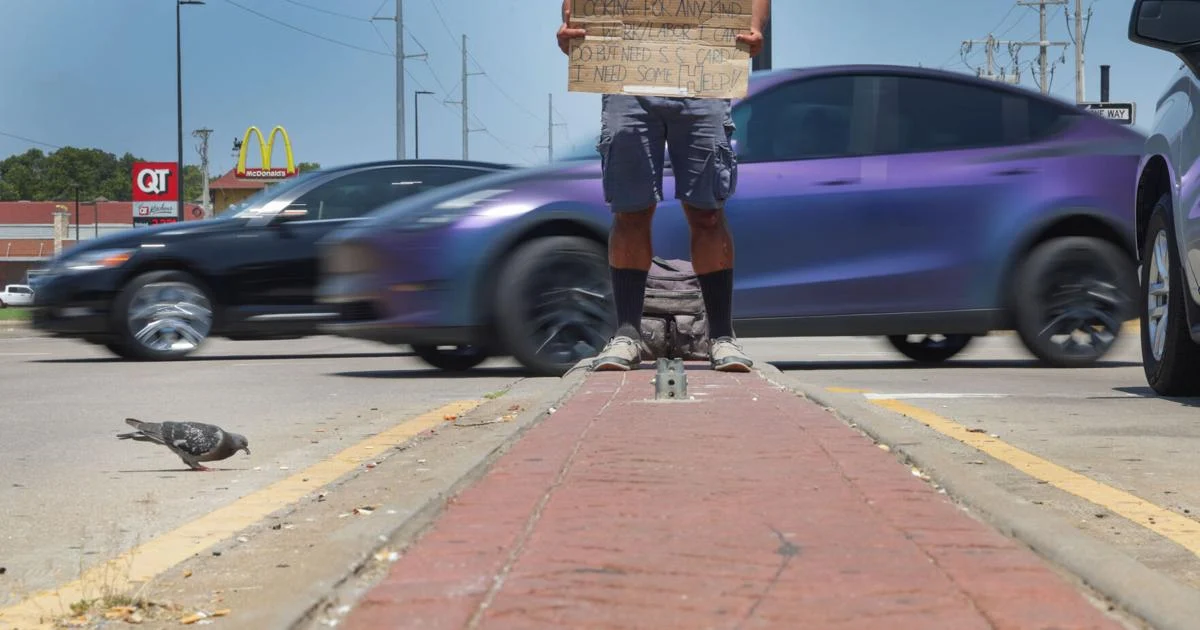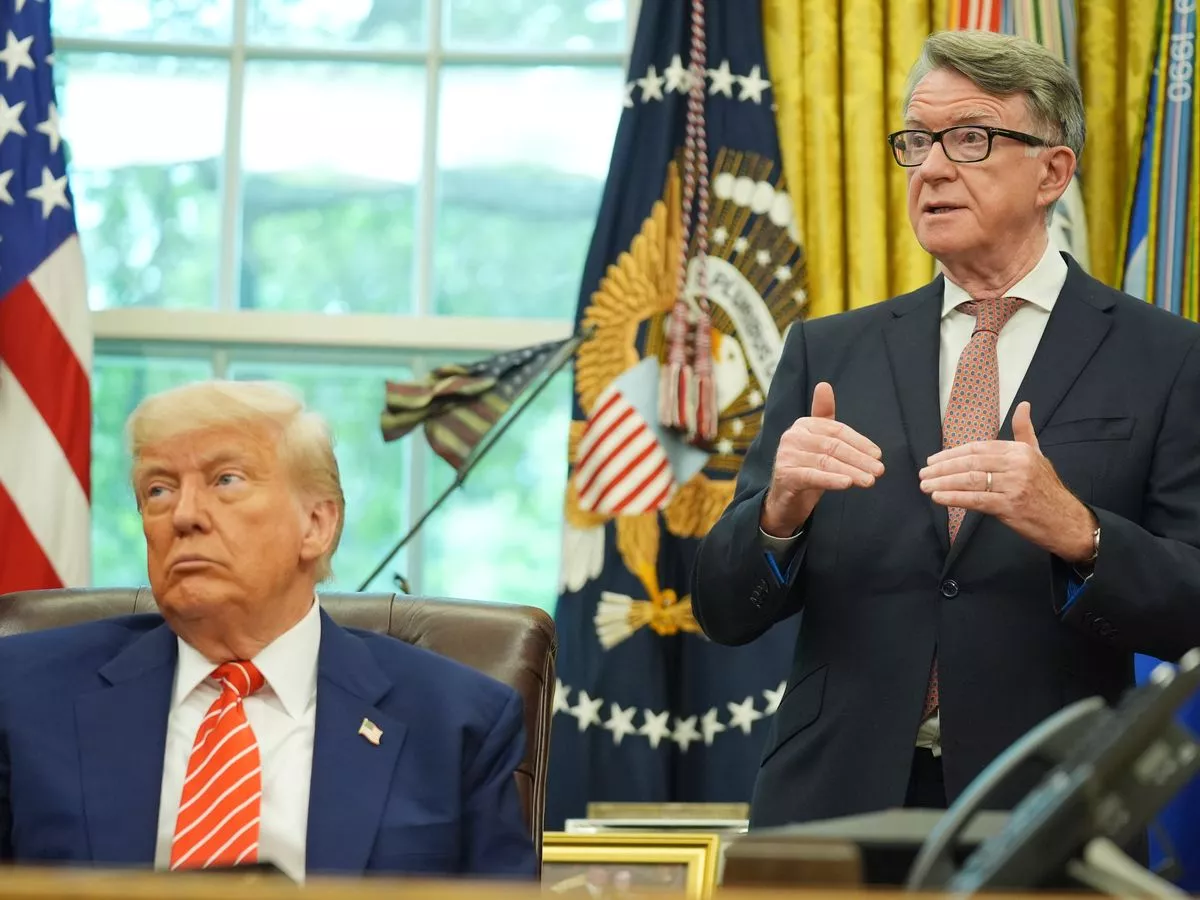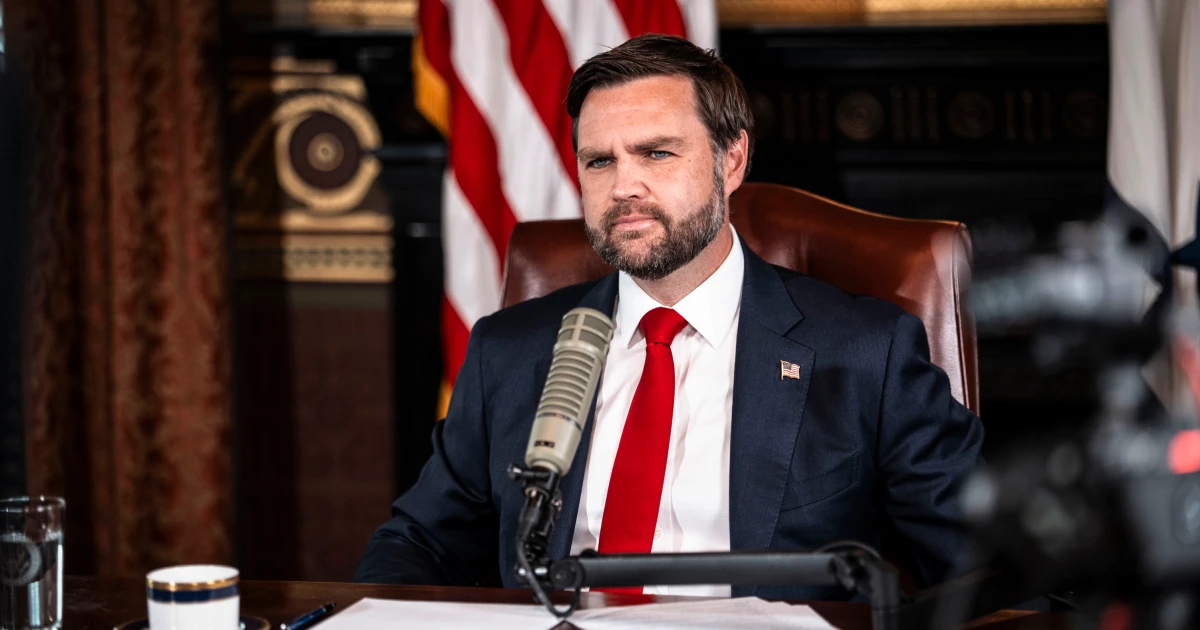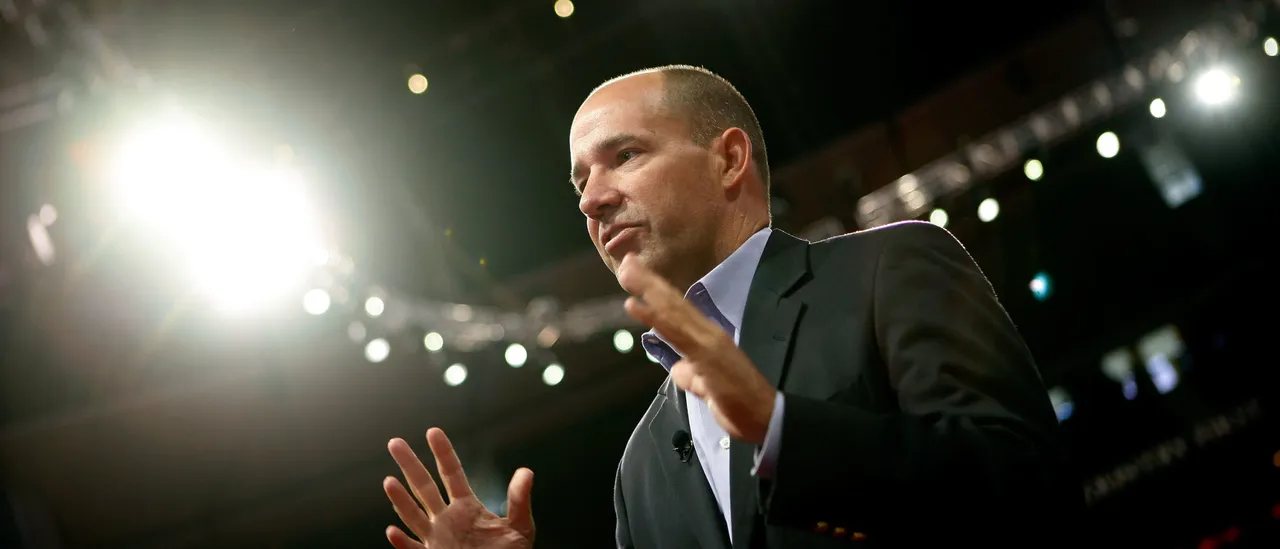
Kevin Canfield
Tulsa World Reporter
Get email notifications on {{subject}} daily!
Your notification has been saved.
There was a problem saving your notification.
{{description}}
Email notifications are only sent once a day, and only if there are new matching items.
Followed notifications
Please log in to use this feature
Log In
Don’t have an account? Sign Up Today
Mayor Monroe Nichols has signed into law a city ordinance that limits individual’s access to medians and sidewalks but did so with an accompanying letter to city councilors urging them to amend the measure.
“I strongly recommend you consider a future amendment to address feedback regarding Section 1105 as it applies to sidewalks,” Nichols wrote. “I also urge you to revisit the fine structure with an eye toward lowering the penalty to ensure it is fair, not unduly punitive, and effective in fostering a safer city.”
The ordinance will take effect Oct. 18.
In a 5-3 vote, with one councilor absent, the City Council voted Aug. 27 to revise the city’s ordinance related to “sitting, lying upon or standing in or adjacent to a roadway” — commonly referred to as a panhandling ordinance.
The measure prohibits individuals on medians where the speed limit is greater than 25 mph from sitting, lying or standing within 18 inches of the street for longer than is reasonably necessary to cross the roadway.
The same “horizontal clearance zone” applies to individuals on sidewalks, or the sides of roads.
The ordinance also prohibits individuals from extending any body part, or objects and animals under their care, into the 18-inch buffer zone on roadways and on medians where the speed limit is greater than 25 mph, giving it the practical effect of making it all but impossible for an individual to stand, sit or engage motorists from a narrow median.
The penalty for violations of the new ordinance is not less than $5 and not more than $500. The preset fine, assessed when a person agrees to plead and pay the fine, is $150.
Nichols’ decision comes less than two weeks after the ACLU of Oklahoma urged Nichols to veto the measure, saying it was unconstitutional.
“Tulsa residents use the areas around roads to engage in a variety of activities, including protesting, mounting political campaigns, panhandling, and discussing their personal lives,” Tamya Cox-Toure, executive director of ACLU of Oklahoma, wrote in a letter to Nichols and city councilors. “All such activities are protected by the First and Fourteenth Amendments.”
The mayor did not mention the ACLU’s letter in explaining his decision to sign the ordinance, instead pointing to the city’s “overarching public safety goals for pedestrians and motorists.”
“Keeping people a safe distance from traffic is an important step in protecting lives on our streets,” Nichols wrote.
That was the argument made by City Council Chairman Phil Lakin, the lead architect of the proposal, and others who supported the ordinance.
Opponents argued that those least able to pay fines or extricate themselves from the court system, such as the homeless, would bear the brunt of the new regulations.
They also questioned the need to impose the 18-inch “horizontal clearance zone” to sidewalks, many of which are narrow to begin with.
Councilor Laura Bellis last month described the sidewalk application of the ordinance as an “overreach,” noting that a man in a wheelchair was recently killed in a part of town with no sidewalks.
“We should focus on resolving tragedies like that, not limiting people’s right to freely use the sidewalk,” Bellis said.
Nichols addressed some of those concerns in his letters to councilors.
“As it relates specifically to the feedback received on sidewalks, for the first 90 days, enforcement will focus on outreach and warnings rather than citations, giving people time and information to comply,” Nichols wrote. “We are also moving forward with the creation of the homelessness docket in municipal court, providing an avenue for individuals to reduce or resolve justice involvement more quickly and move toward stable housing.”
His letter to councilors included pointed words for Gov. Kevin Stitt, describing Operation SAFE, an initiative to use Oklahoma Highway Patrol troopers to clear the homeless from highway underpasses and other state properties in the city, as “misguided, politically motivated, and inhumane.”
“Our unhoused population has been targeted unlike at any time before,” Nichols wrote. “It is critical that this ordinance does not create new barriers for people seeking housing and that it allows us to compassionately serve everyone.
“To that end, we will launch a citywide education campaign so residents — particularly those experiencing homelessness — fully understand the new requirements.”
kevin.canfield@tulsaworld.com
Get Government & Politics updates in your inbox!
Stay up-to-date on the latest in local and national government and political topics with our newsletter.
* I understand and agree that registration on or use of this site constitutes agreement to its user agreement and privacy policy.
Kevin Canfield
Tulsa World Reporter
Get email notifications on {{subject}} daily!
Your notification has been saved.
There was a problem saving your notification.
{{description}}
Email notifications are only sent once a day, and only if there are new matching items.
Followed notifications
Please log in to use this feature
Log In
Don’t have an account? Sign Up Today



